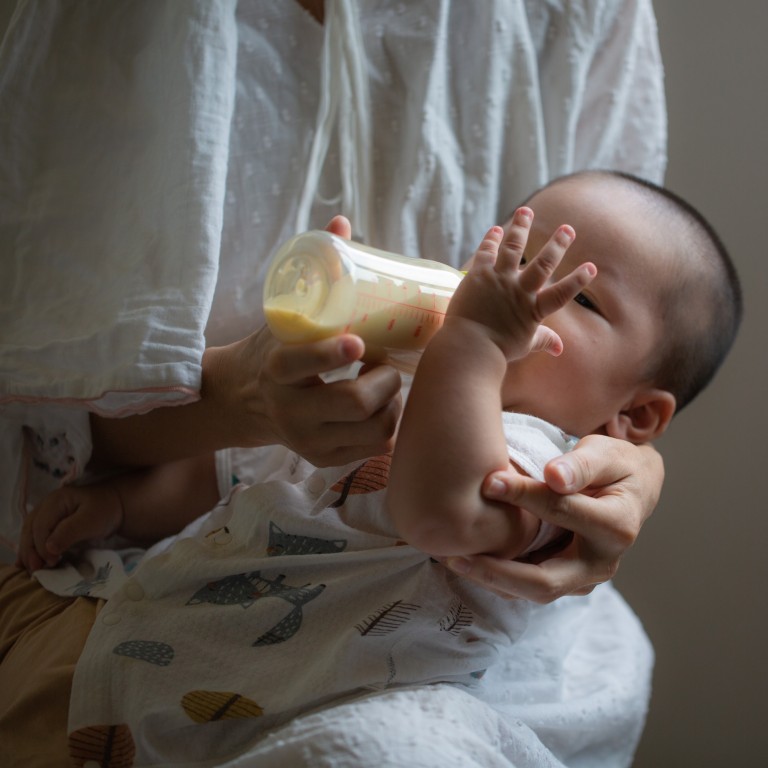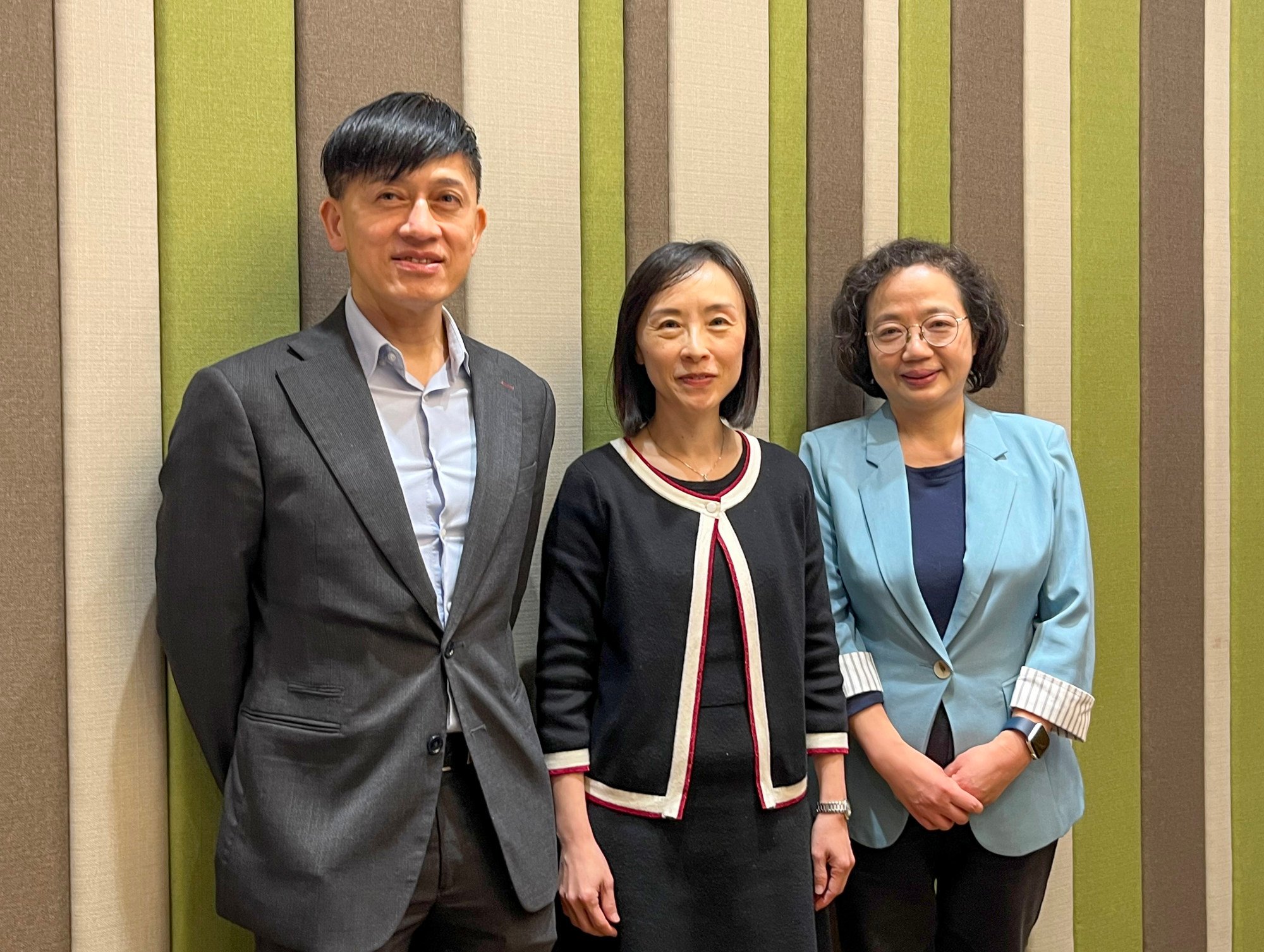
Hong Kong community babysitters on government-funded scheme to get more than 3 times the training hours in wake of alleged abuse case
- Training time to go up from 4 hours to 14, welfare official Charmaine Lee says, with those caring for children with special needs to get an extra 4 hours of teaching
- But Lee says plans were drawn up before alleged assault by babysitter last week and operators had been told before the case was publicised
The training time for Hong Kong’s community babysitters will more than triple from four hours to 14 in the wake of the arrest of a nanny for alleged abuse of a nine-month-old girl, welfare authorities have said.
She added the change was part of a wider plan focused on “strengthening the home-based child care service,” which was announced in last year’s policy address.
“We will enhance the training of community babysitters, not because of the [abuse] case, but part of the whole incentive with the increase of incentive payment and expansion of service,” Lee said.

She added that operators of the services were informed of the changes well before the alleged assault was publicised.
A 33-year-old babysitter working on a government-funded childcare scheme was arrested last week after the baby was taken to hospital and found to have a blood clot on her brain. The girl remains in a serious condition.
The incident sparked public concern over the training of the 1,756 community nannies in the city, which varies between service providers.
The government in last year’s policy address pledged to increase payments from HK$25 (US$3.20) an hour to HK$40 for people who cared for children aged three to nine, and to HK$60 for those caring for toddlers aged below three, or with special education needs.
The service quota would also be doubled, benefiting 20,000 children.
The government at present only requires four hours of training, but some flexibility is allowed for those who are currently undertaking childcare duties.
But under a two-tier training framework, which will be introduced in the fourth quarter of the year, all babysitters will have to complete a 14-hour basic course.
Those caring for children with special needs will need to complete an additional four-hour course to ensure they are up to the demands of the role.
Hong Kong to review childcare scheme after alleged abuse of infant by babysitter
They will also have to be assessed to gain their qualification and take regular refresher training.
Spot checks by the authorities will also be carried out to monitor delivery of training.
“In the past, the operators would decide their specific training content, depending on the needs of the neighbourhood, the abilities of the babysitters, or the children they are looking after, but that will no longer be the case,” Lee explained.
“The training framework will be standardised by us.”
She added that the improved training would equip babysitters with the skills to care for children’s physical and psychological needs, identify potential child abuse cases, and how to deal with emergencies.
Lee admitted that the longer training required might affect recruitment of babysitters.
But she said the government needed to ensure the quality of its services and that all trainees would be paid HK$40 an hour for the duration of the course.
“We do not want the babysitters to treat this as a job, because what matters the most is their kindness to children,” Lee said.
Hong Kong babysitter granted bail after arrest over allegedly abusing infant
She added that the department would also take steps to help older people. Lee said community care teams would start home visits next month to identify elderly people and carers in need and make referrals to the welfare authorities.
The pilot scheme will run in Tsuen Wan and Southern district.
The city recorded two suicides involving carers for the elderly in the past week, including an 84-year-old man who was looking after his disabled wife, who has dementia.
A 73-year-old man who developed depression after years of looking after his sick wife is also thought to have taken his own life.
Lee appealed to carers to ask for government help if they required it, although she said many were uncomfortable with seeking respite services, which remain underused, despite a recent expansion.
“Some carers are worried that the service providers could not properly care for their family members and prefer doing so on their own … that’s a psychological barrier that they need to overcome,” she said.
Lee added that a special 24-hour care support hotline for carers had fielded more than 10,000 calls since it launched last September.

